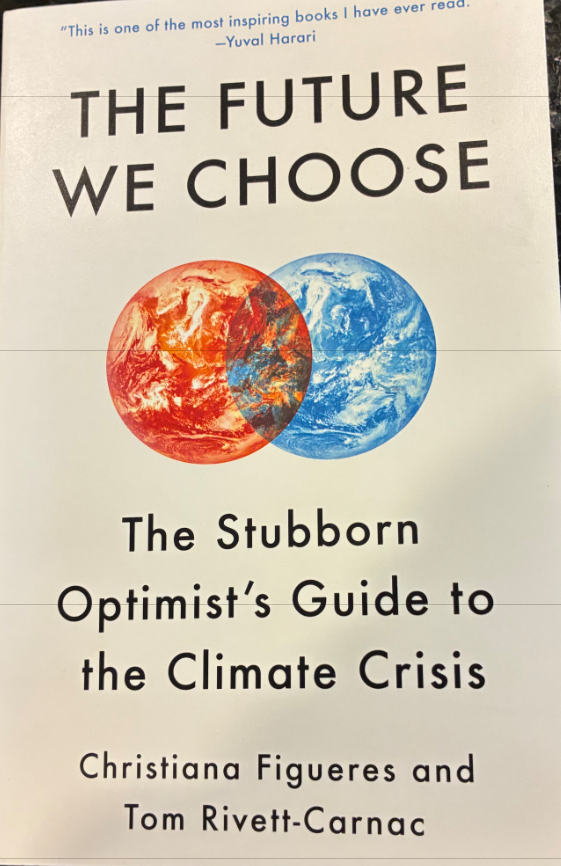Commentary
Stop Nature Deficit Disorder

This is one in a continuing series of educational columns about fostering environmental stewardship and leadership coordinated by ACES — Alliance of Climate and Environmental Stewards.
Everyone needs to be aware of challenges to raising the next generation of environmental stewards. It's a fact that modern childhood has moved indoors. Neighborhood kids no longer venture outside to play until called home for dinner. On average, American children spend between four and seven minutes a day engaged in unstructured outdoor play (not including organized sports) and as many as nine hours a day in front of an electronic screen. This national trend has paralleled an alarming growth in childhood obesity and prescribed pharmaceuticals for children.
Did you know that preschoolers are the fastest growing market for antidepressants? I can’t help but think of this when I see so many adults handing over small screens to children in restaurants, stores, and even public parks.
Many of our youth are sedentary, stressed out, and over-scheduled. Last Child in the Woods author Richard Louv called this Nature Deficit Disorder in 2008. And this is not just limited to kids as it also strikes adults, families, and whole communities. Today, online interactions and information are unfiltered, only sometimes credible, and often overwhelming. Youth report feeling that there are so many possibilities that they are paralyzed by options. They are afraid to make choices and be wrong.
Mental illness rates are also increasing. In 2023, one scientist in Finland wrote that mental illness is now the most common non-communicable disease in Europe and America. She too asks, is this due to “nature deficit disorder?” At the same time, as made most clear in recent weather events, climate change is stressing the earth and our daily lives.
The good news is that robust research shows that childhood spent in nature directly leads to increasing active environmental stewardship behaviors in adulthood. It really is that clear. While we may not, as individuals, be able to cure all, we can do our part with what we have, where we live. As Jane Goodall wrote, “You aren’t going to save the world on your own, but you might inspire a generation of kids to save it for all of us. You would be amazed at what inspired children can do.”
At Merrohawke Nature School we wake up every day determined to do our part to connect children to nature both for their good health and the health of the planet. Indeed, our vision is ”Strong Kids. Healthy Planet.” Never has this work been so important. We think seven generations ahead. We ask ourselves: What can we all do today that future generations will be grateful for?
My husband Capt. Rob Yeomans and I co-founded Merrohawke in 2007. Originally known as BOAT CAMP, Merrohawke annually serves 650 youth living within a 50-mile radius of Newburyport and beyond through summer camps, a licensed Forest Kindergarten preschool program, and a Forest and Field School serving 95 homeschooling students during the school year on land and nearby coastal waters.
All our programs provide time to explore the natural world because this is where the taproot of deep connection to the earth -- land or sea -- takes hold. We intentionally create time for youth to follow their curiosity. They catch mackerel, flounder, or striped bass. Watch whales and seabirds. Haul a beach seine net for sand eels. Get muddy. Run wild. Build forts or fancy sandcastles. Race handmade driftwood boats by the shoreline. Dig for seaworms or dig for lost pirate treasure. Climb trees. Catch frogs and fireflies. Carve and coal burn wooden spoons. Weave cordage from milkweed fibers. Tend a fire throughout the day from sunset to sunrise. While youth believe they are "just playing outside," research proves that childhood experiences such as these, and not the more traditional forms of environmental education, directly lead to adults who are active stewards of the earth.
At Merrohawke, we are committed to guiding learning in nature that fosters empathy, resilience, grit, and a deep connection to the earth for the benefit of raising a strong generation of youth, healthy families, a thriving greater Newburyport community, and a flourishing planet for all.
Kate Yeomans is the co-founder and executive director of Merrohawke Nature School. Learn more at www.merrohawke.org.
ACES team members invite you to stay updated on environmental matters by subscribing to our monthly newsletter via the “Join Our List” link on this page. Please consider joining our community of stewards committed to Make Every Day Earth Day by contacting acesnewburyport@gmail.com. We can make a BIG difference together.
This educational column was originally published in The Daily News of Newburyport on October 18, 2024.
.svg)





